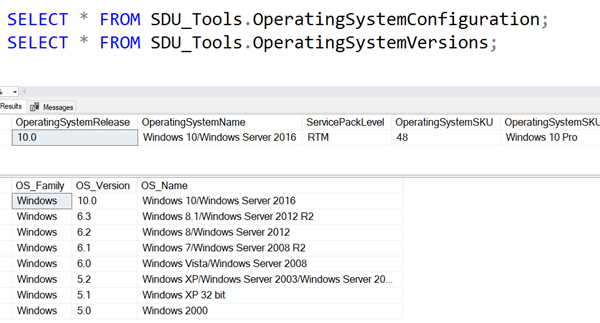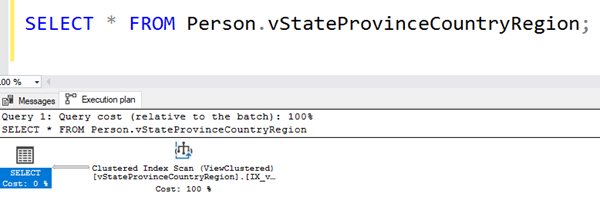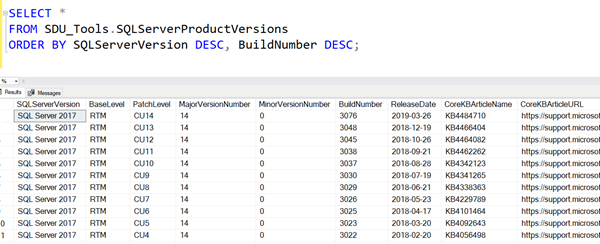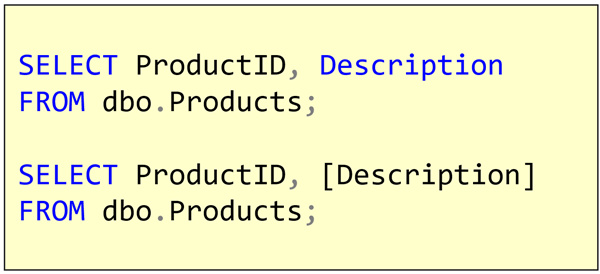
Book Review: Why we get fat and what to do about it by Gary Taubes
Weight has been an area of interest for me for a very long time, given my struggles with it. All throughout the 1980s, I wish I’d known what I do know now. Gary Taube’s book Why we get fat and what to do about it was a seminal work in this area, helping to remove the nonsense that’s been peddled as “science” and “medicine” for decades.
I was already pretty much across most of Gary’s work before I listened to this as an audiobook, but it helped me to see where much of his thinking had come from.
2019-04-26













